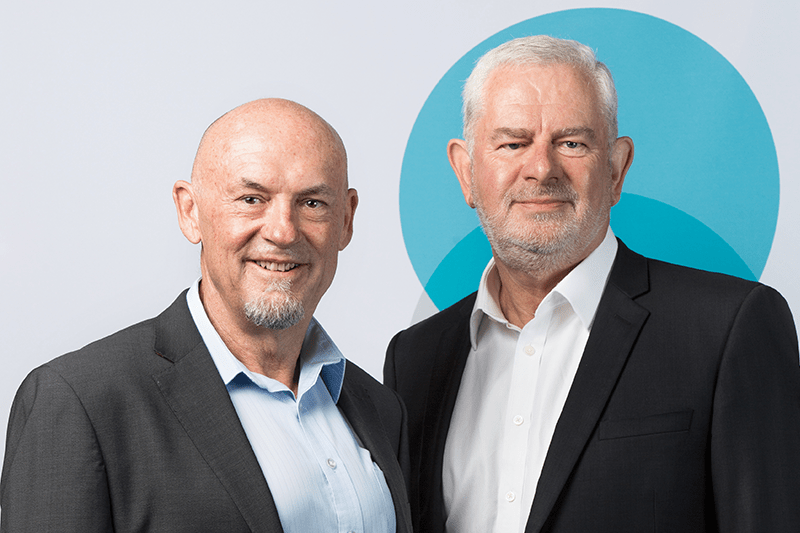By Peter Kelly on 8 July 2020
From 1 July 2020, the age limit for making voluntary contributions to super was increased.
When it comes to making contributions to a superannuation fund, the rules can become quite complex.
For example, an employer can make contributions for an employee of any age if the contribution is a mandated employer contribution.
A mandated employer contribution is a contribution made that fulfills the superannuation guarantee requirements, or a contribution made in accordance with the terms of an industrial award or agreement entered in to from 1 July 1986.
Likewise, contributions made following the sale of a person’s home under the downsizer contribution arrangement may be made irrespective of any upper age limit, provided the contribution is made no earlier than the contributors 65th birthday.
That leads us to voluntary superannuation contributions.
A voluntary superannuation contribution includes employer contributions other than mandated employer contributions, and personal contributions other than downsizer contributions.
To be able to make a personal contribution to super, a person must be under 67. This was increased from 65 on 1 July 2020.
However, a person aged 67 or older may make contributions to super up until their 75th birthday (actually, it’s the 28th day of the month following their 75th birthday – I warned it could be complex!), provided they meet a work test in the year in which the contribution is to be made.
This work test requires a person to be gainfully employed or self-employed for at least 40 hours, worked within a period of 30 consecutive days, in the financial year in which they intend to contribute.
Being gainfully employed for a total period of 40 hours worked over one, two, or even four weeks is fine. However, working 5 hours per week for a period of eight weeks does not satisfy the test.
The work test requires a person to be gainfully employed. That is, they must be paid for the work they do. Doing voluntary work, or simply being reimbursed for expenses such as petrol money, is unlikely to satisfy the requirements for gainfully employment. Likewise, painting the kids house, maintaining their gardens, or minding the grandchildren, even if paid, is unlikely to be considered a genuine employment arrangement.
Just to add to the complexity a little more, the work test rules were amended with effect from 1 July 2019.
Despite everything already mentioned, a person aged 67 to 74 may make voluntary contributions to super without meeting the work test provided they meet two conditions:
- They met the work test in the previous financial year, and
- They had a total superannuation balance, at the previous 30 June, of less than $300,000, and
- They have not previously made contributions using this concession.
Incidentally, a person’s total superannuation balance is the sum of all the money that person has in superannuation, including money in both accumulation accounts and pensions, and money that is in the process of being rolled from one fund to another at 30 June.
Most superannuation funds will ask their member’s, aged 67 or over to declare they have met the work test, before they will accept contributions on their behalf.
Just to summarise, the ability to make superannuation contributions is generally governed by both a person’s age and, if 67 or older, having met a work test, unless otherwise exempt.
In addition to all these rules, a person may also be prevented from making personal non-concessional contributions to super at any age if their total superannuation balance exceeds $1.6m.
On a final note, a person may bring forward up to three years of non-concessional contributions and contribute up to $300,000 in a single financial year. To be able to do so, they must:
- Have a total superannuation balance of less than $1.4m, and
- Be aged 64 to younger at the start of the financial year in which they intend to contribute.
The Government has tabled legislation that will enable people up to the age of 66 (at the start of the financial year) to bring forward their non-concessional contributions. This is due to apply from 1 July 2020 however, at the time of writing this article, the legislation has not been passed into law.
Making contributions to super can be tricky. And, sadly, there may be penalties if contributions are incorrectly made.
If considering making contributions to superannuation, particularly if approaching 67, or older, speak with a financial adviser first to ensure you can make your contributions.



comments